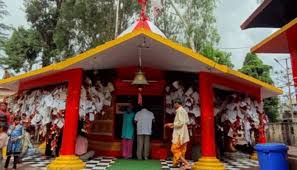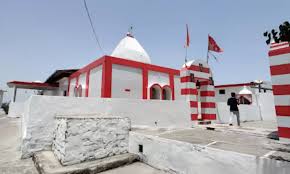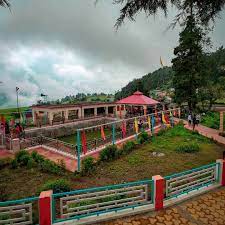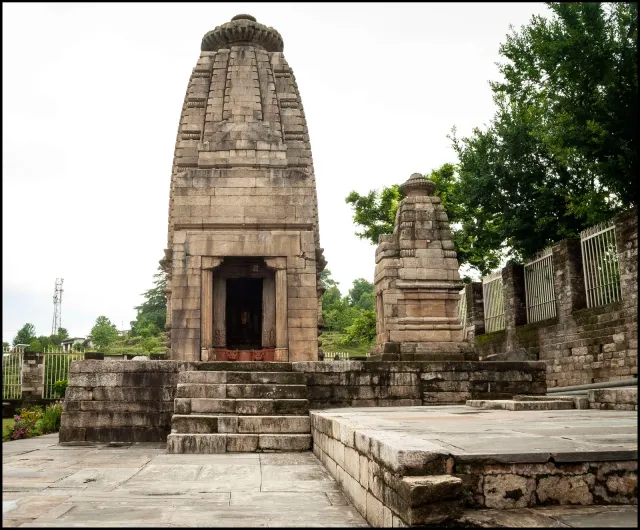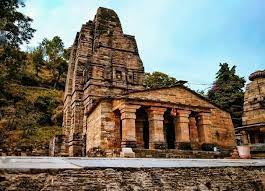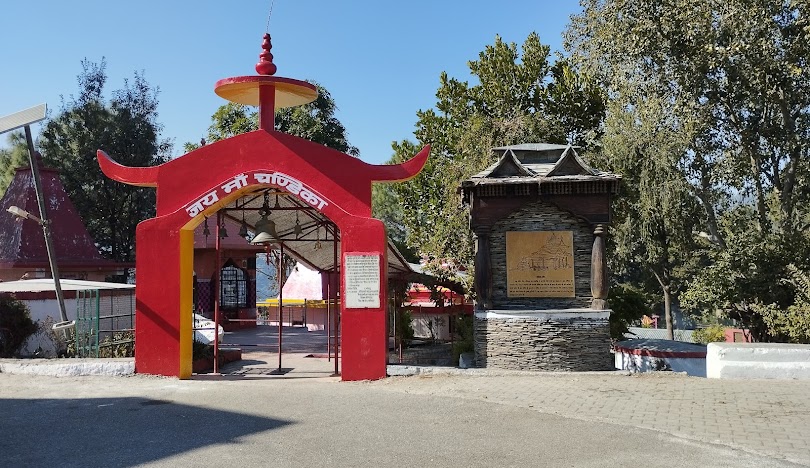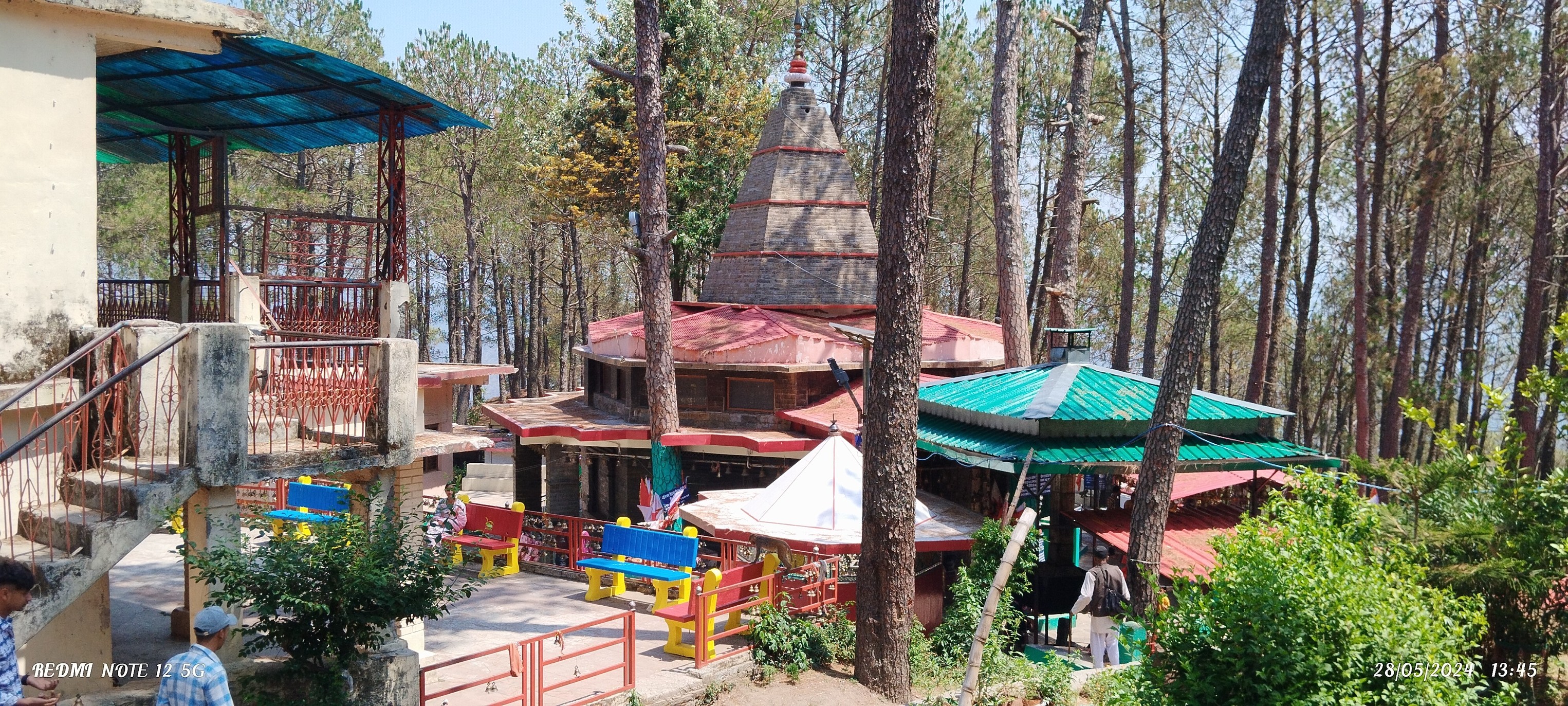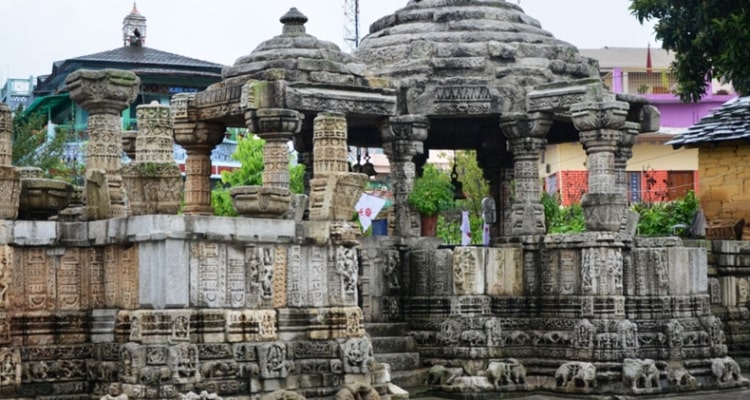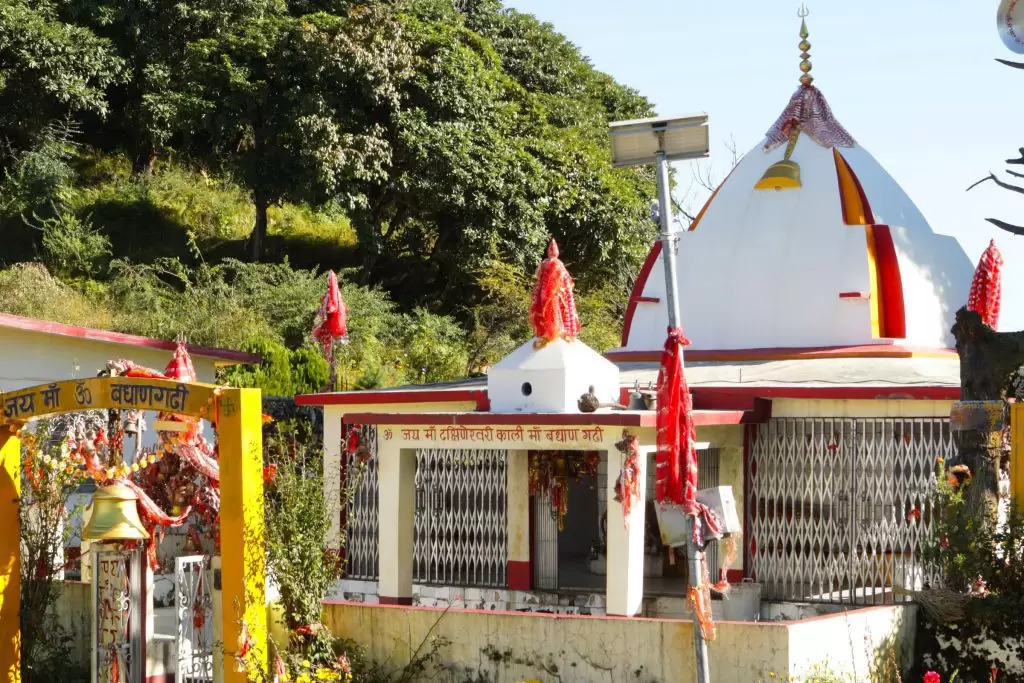High in the Kumaon hills, above Almora, stands the temple of Chitai Golu Devta. People here call him the देवता of न्याय, the god of justice. The temple itself is simple. No golden domes, no marble spires. What makes it powerful is the weight of thousands of letters, tied in white paper bundles that flutter with the mountain breeze.
Who is Golu Devta
In Kumaon, Golu Devta is worshipped as an अवतार of भगवान शिव, seen in the form of a राजा. The stories tell of him as a just and fearless ruler, one who protected the weak and never allowed dishonesty to stand. Over generations, that image became faith. At Chitai Mandir, people come not only to pray but to be heard.
First Glimpse of the Temple
The approach feels ordinary until you see the gates. They are covered in countless घंटियाँ. Brass, iron, big, small, every shape you can imagine. Each bell is an offering of gratitude for a wish fulfilled. The sound of so many bells moving together with the wind creates a rhythm you don’t forget.
Step inside, and you see the petitions. White papers, some neatly typed, some handwritten, pinned and tied to walls, trees, and railings. They sway like prayer flags. Each one carries a request, a story, a hope. The space feels alive with them, more than with any decoration.
Writing to the God of Justice
This is what makes Chitai unique. Devotees don’t only fold their hands and chant. They write. On plain paper, on notebooks, sometimes even on stamped documents. They write about land disputes, family fights, exams, jobs, and illnesses. Some letters are long like case files, some are just a single line: “गोलू देवता, मेरी सुन लो.”
The belief is simple. If the world ignores your plea, Golu Devta will not. Justice may come slowly in courts, but here it comes with faith. People return months or years later with new bells to thank the देवता for answered prayers.
Stories that Travel
Legends say Golu Devta was born because the son of राजा जसधर of Champawat. His mom, Kalinka, had suffered injustice, and his start itself changed into a signal of divine stability. Brave and fearless, he grew into a राजा who fought for the vulnerable. Over time, he came to be visible as an embodiment of reality and equity.
In Kumaoni लोककथाएँ, Golu rides a white horse, sword in hand. Even today, villagers take oaths in his name. They say you cannot lie if you invoke him. His justice is visible as fast, however, most effective if you stand with the truth.
Rituals and Offerings
Unlike different temples, right here the main offering is not just नारियल or फूलमाला but petitions and bells. Still, you spot लाल कपड़ा draped across shrines, incense burning, and diyas flickering. The priests perform aarti every day with quiet dignity.
During festivals, especially बैसाखी, the courtyard fills with devotees. Bhajans echo across the hills. Locals and visitors mingle, their voices blending in devotion. The temple becomes crowded, but the essence remains the same. It is still a court where faith itself writes petitions.
Walking Around the Mandir
From the courtyard, the view spills open to Almora’s valleys and forests. The air smells sharp with pine. The clinking of bells lingers even as you step away. On busy days, vendors sit outside selling paper, pens, and threads so that no one arrives unprepared to write their plea. The whole place breathes with the rhythm of prayer, yet nothing feels forced.
Why People Still Come
In villages and towns across Kumaon, the saying is simple: if you want न्याय, go to Golu Devta. People whose cases drag on for years come here. Students before exams, couples in trouble, farmers fighting for their land. Some come desperate, some come in quiet hope.
Faith does not constantly supply the solution human beings consider, but it gives them the energy to walk through the valley. And while their desire is fulfilled, they go back with new bells and fresh gratitude. The walls and gates hold filling, a reminder that the cycle in no way ends.
What You Carry Back
Everyone carries something one-of-a-kind. It may be the ringing of bells that stays in your ears. It can be the sight of heaps of letters dancing in the wind. It may be the face of Golu Devta’s murti, regular and strong, watching over the courtyard.
For a few, it is the memory of writing a few shaky strains and leaving them behind, trusting that they may be examined. For others, it is the thought that justice, which feels a ways away in places of work and courts, can live close inside the heart of a temple.
When you walk back down the slope, Almora spreads below, the forest smells sharper, the air feels cleaner. The sound of bells follows you faintly, as if faith itself is reminding you it will not be silenced.
That is the gift of Chitai Golu Devta Mandir. It does not give you riches or easy answers. It gives you the chance to speak, to write, to be heard. And sometimes, that is the deepest form of न्याय anyone could ask for.

